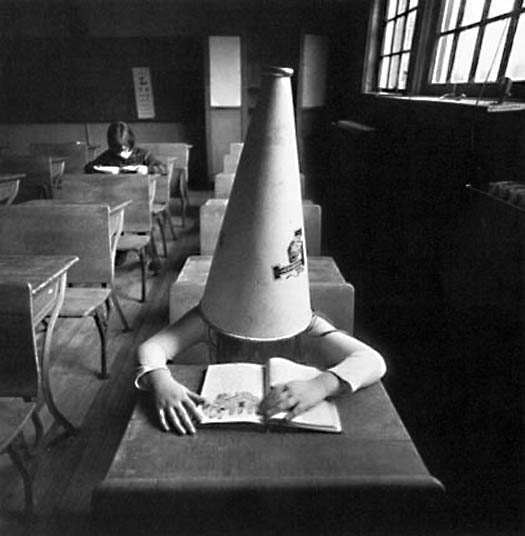More than 50 years after Sam Cooke first sang about his educational deficiencies, many American teens “don’t know much about history.” Or so their latest test scores suggest.
Only 12 percent of all 12th graders are “proficient” or “advanced” in U.S. History according to the 2010 National Assessment of Education Progress (NAEP). And less than half of all high school seniors display even a “basic” knowledge about American History.
The latest NAEP scores for civics are almost as bad: Less than two-thirds of all seniors show a “basic” understanding of our system of government. And a 2010 study commissioned by the American Enterprise Institute concluded that “civics, once the cornerstone of public education, has fallen off the radar” as teachers have felt increasing pressure to show progress in other areas.
That many educators today give considerable attention to other subjects would not disturb America’s founders. While we tend to think of them largely as political figures, America’s founders recognized that there are many higher and grander pursuits in life than those in the political realm.
This no doubt explains why the scientifically-curious Ben Franklin went outside in a thunderstorm with his kite – and why the educationally-minded Thomas Jefferson had his gravestone identify him as the founder of the University of Virginia, but not as the third president of the United States.
Still, the founders considered it critically important for America to have “an informed citizenry.” As James Madison noted, “A people who mean to be their own Governors must arm themselves with the power which knowledge gives.”
Moreover, the founders saw the study of civics as foundational to other pursuits. “I must study politics and war that my sons may have liberty to study mathematics and philosophy,” John Adams once observed. “My sons ought to study mathematics and philosophy, geography, natural history, naval architecture, navigation, commerce, and agriculture, in order to give their children a right to study painting, poetry, music, architecture, statuary, tapestry, and porcelain.”
In essence, Adams was saying that all of the higher and grander pursuits of a civilization – whether in the arts, the sciences, or in commerce – depend on a stable political foundation that protects and ensures artistic, intellectual, and commercial freedom.
This isn’t to say that the affairs of state are always or ultimately more important than other things. It’s simply to say that every artist, farmer, poet, businessman, geographer, musician, and architect needs to acquire a keen understanding of why our political system has fostered greater human flourishing than any other political system in history. (There is, after all, a reason North Korea doesn’t produce great art – and it isn’t because Koreans lack creativity.)
What is so troubling, then, about growing student ignorance of history and civics is that the American way of life depends on each new generation embracing our founding ideals and committing themselves to self-government. In this regard, our freedom to pursue happiness is far more fragile than many Americans might imagine.
Thankfully, a growing number of Americans are awakening to the need to help the Sam Cookes of this generation develop an appreciation for America’s history and founding ideals. In Florida, for example, the State Legislature has recently adopted requirements that middle schoolers take a semester of civics and that high schoolers study the Declaration of Independence during Celebrate Freedom Week.
Still, more attention to the social studies is needed. For as John Adams understood, all of the higher and grander pursuits we enjoy as Americans are dependent upon a political system that secures our freedoms.
William Mattox is a resident fellow at The James Madison Institute in Tallahassee.

COMMENTS
Please let us know if you're having issues with commenting.